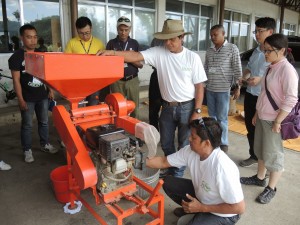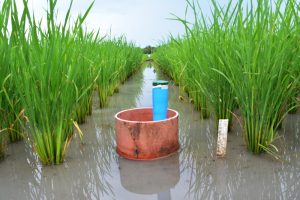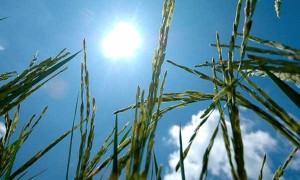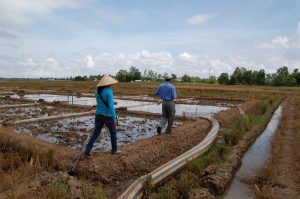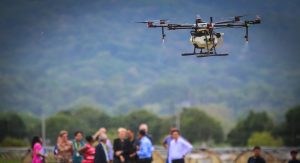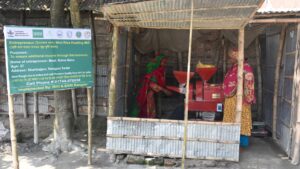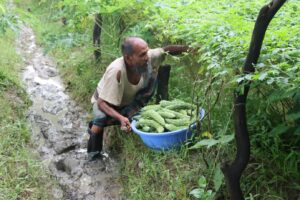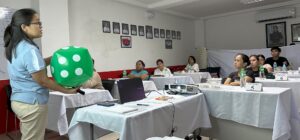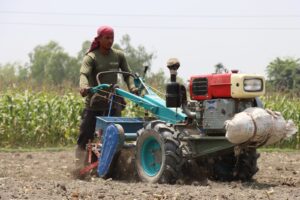Uganda launched WDR-73, a high-yielding, water-saving, and drought-tolerant rice, to help improve farmers’ livelihood through increased production under the FAO-China South-South Cooperation (SSC) Programme.
This rice variety is expected to address the resource and environmental challenges faced by rice producers in the country and boost their incomes, nutrition, and economic development.
SSC is a mutual sharing and exchange of key development solutions among countries in the global South that includes knowledge, experiences, good practices, policies, technology, and resources.
Read the story @PML Daily
IRRI and AfricaRice were awarded USD 150,000 for their project on flood-proofing Africa’s vulnerable rice farmers’ livelihoods. The Milken-Motsepe Prize in Agritech seeks to incentivize scalable agricultural technology solutions for the problems faced by farmers on small to medium-sized farms in Africa.
IRRI and AfricaRice developed new flood-tolerant rice varieties, using modern breeding technologies, with the SUB1 gene. Through the funding from the prize money, the team intends to increase this yield advantage further by adding a complementary gene called SUB2, which could extend the survival rate of these varieties under longer flooding durations.
Rice Technology Transfer Systems: A driving force for the development of rice production across Asia and Africa
The Rice Technology Transfer Systems in Asia (RTTS) workshop, an international training program implemented by South Korea’s and the Rural Development Administration (RDA) and IRRI that changed countless farmers’ lives for the better.
The goal of the RRTS Workshop, which ran from 2002-2018, was to share relevant information, extend applicable components of Korean agriculture and technology that participants can apply in their home countries, and build the capacity of the participants for enhancing the agro-industry technology transfer system. Among other things, it also aimed to improve technology promotion and delivery of knowledge and skills to participants through various interactive and participatory learning methods.
New improved rice varieties for Burundi today, food security for Africa tomorrow
There is a growing need to boost domestic rice production in Africa as the demand for rice in the continent increases. Many African countries rely on imported rice to meet their growing consumption needs, according to the Food and Agriculture of the United Nations. The agency describes the situation as posing “serious food security challenges since rice is now recognized as a priority and strategic food security crop for the region.” This makes efforts to further increase production through better performing varieties that are climate resilient, pest tolerant, and disease resistant more urgent.
Although Burundi, where rice has become an important commodity, has increased its rice production by 316% between 1984 and 2011, the country still imported about one-third of its rice in 2010. Most of Burundi’s poor are small-scale farmers.

